Poet Lam Thi My Da was born in 1949 in Le Thuy, Quang Binh province. Her mother was from An Cuu, Hue . She had a difficult childhood, which led her to write poetry from a young age. By the age of eight, My Da had amassed nearly 40 poems, which were unfortunately lost due to the war. Memories of the war years remain deeply etched in her mind. She recounts how, in 1972, a young female volunteer returned home to find only a deep bomb crater remaining in her beloved house. A brutal bomb had fallen on her poor thatched roof during a family meal in a remote village. Everything dearest to her, everything she held dear, had been wiped out by the enemy. The overwhelming pain was unbearable, and she decided to pack her bags and return to the battlefield. The poem "A Sky, a Bomb Crater" was born in such circumstances. The poem was later awarded first prize in the Literature and Arts Newspaper in 1972-1973, marking a milestone in the artistic career of poet Lam Thi My Da.
After the reunification of the country, she and her husband, writer Hoang Phu Ngoc Tuong, lived and wrote in Hue for a long time. She became a member of the Vietnam Writers Association in 1978, and a member of the Executive Committee of the Vietnam Writers Association in the 3rd and 4th terms. The poet participated in the Editorial Board of Song Huong Magazine and the Executive Committee of the Binh Tri Thien and Thua Thien Hue Literature and Arts Association from 1994 to 2005. In addition to the Literature and Arts Newspaper Award, poet Lam Thi My Da was also awarded the Vietnam Writers Association Award 1981-1983 for her poetry collection "Poems Without Years", the 1999 A Prize for Poetry from the National Committee of the Union of Vietnamese Literature and Arts Associations for her poetry collection "Dedicated to a Dream", and the Hue Ancient Capital Literature Award - A Prize for Poetry (1998-2003) for her poetry collection "Soul Full of Wild Chrysanthemums". In 2007, poet Lam Thi My Da was awarded the State Prize for Literature and Arts by the President of Vietnam for her three poetry collections: "The Birthing Heart" (1974), "A Poem Without Years" (1983), and "Dedication to a Dream" (1988). In 2005, her poetry collection "Green Rice" was translated into English, printed, and published in the United States. Several of her poems have been included in textbooks and taught in the high school literature curriculum, becoming familiar to many generations of readers.
Poet Lam Thi My Da is also very interested in children's themes. She has successively published children's stories: "Famous Singer of the Land" (1984), "The Little Deer and the Stream" (1989), "The Phoenix Musician" (1989) and "Anthology of Children's Poems and Stories" (2006).
Since caring for her husband, she had no opportunity to go out and create poetry. She knew she could no longer pursue poetry and had given up. In her poem "The White Flag," she wrote: "I am a desert before poetry." This was the impasse that forced her to find a different path to survive in literature and art. Coincidentally, one bright autumn morning, remembering the musician Trịnh Công Sơn, she suddenly sang aloud a line that came to her: "One autumn morning, my heart longs for someone far away..." Then, emotions flowed, and she sang continuously. Thus, the song "A Song of Remembrance" was completed that morning. From then on, the poet began writing music. Many people loved her songs, such as "Lullaby of the Central Highlands," "I Remember My Village," etc. During the music exchange between the three sister cities of Hue, Ho Chi Minh City, and Hanoi at the Hue City Cultural Center, the song "A Song of Remembrance" was successfully performed by young singer Đông Nghi with an arrangement by musician Tôn Thất Lập. The "Public Figures" segment on Vietnam Cable Television (VCTV1) dedicated an entire program to introducing some of her musical works, including the song "I Remember My Village" performed by People's Artist Quang Thọ,... She had once intended to create a CD of her songs.
Reflecting on the literary profession, poet Lam Thi My Da once wrote: “It is impossible to take one poem as the standard of truth for poetry. Every true poet has their own unique ‘sparkle,’ no two are alike. A person with poetic talent is someone who knows how to accept the challenges of time, not any other challenges. Passion for poetry, passion for beauty, is half the success of a poet.”
Source









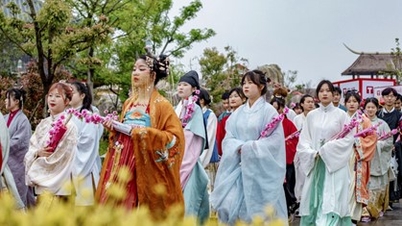

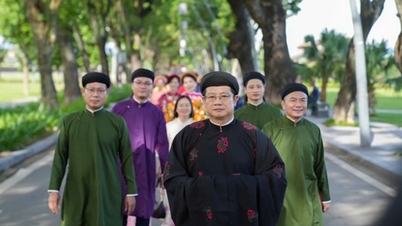

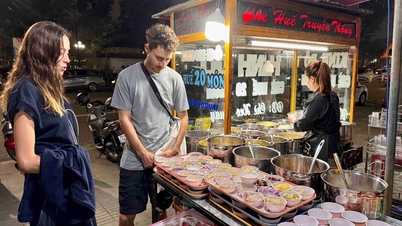


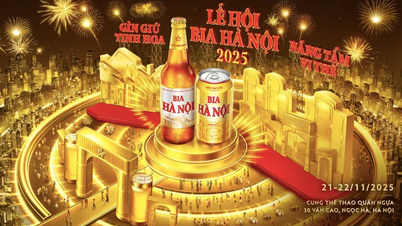

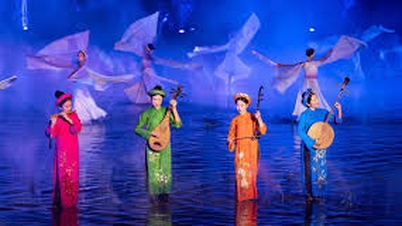























































































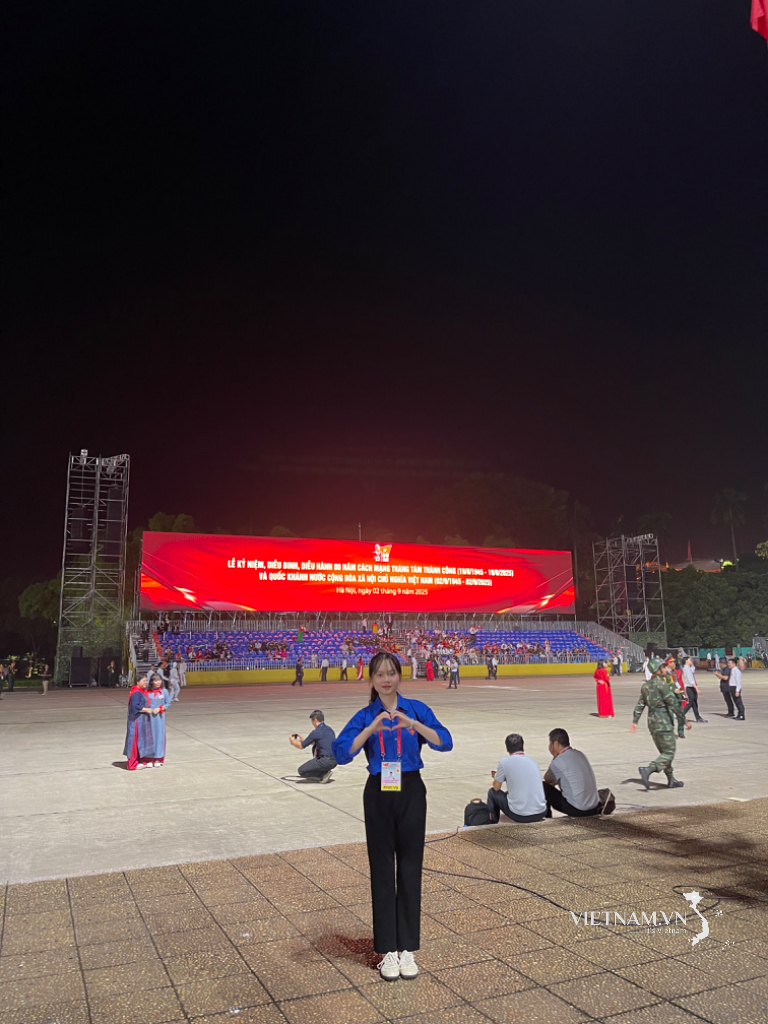


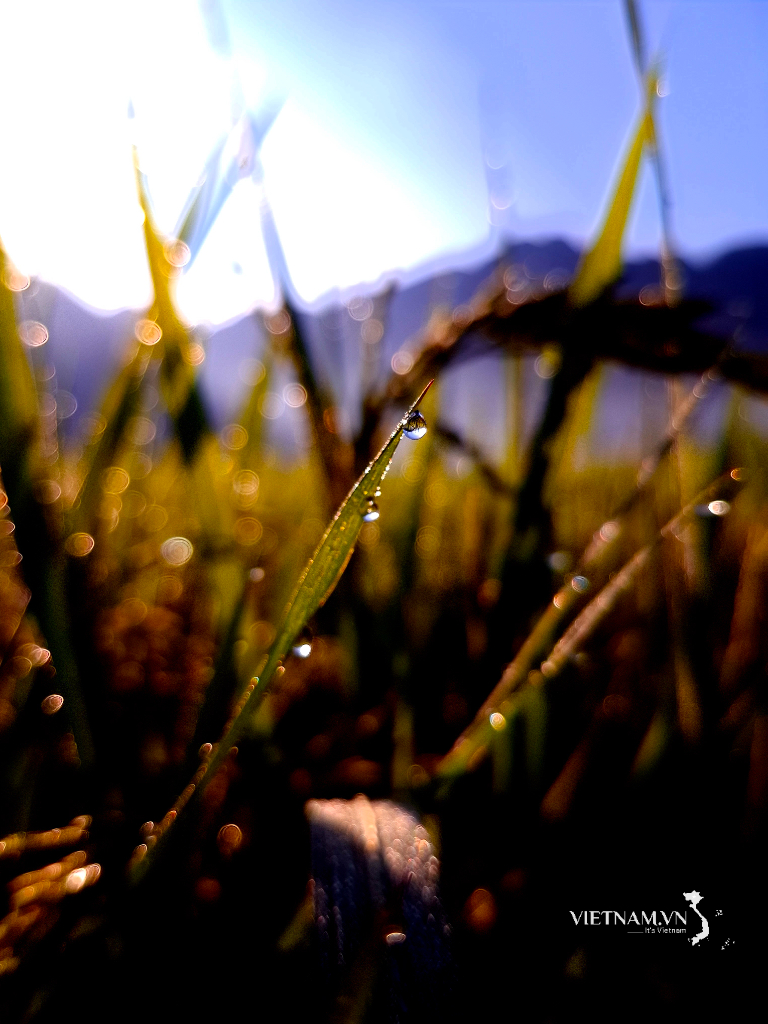
Comment (0)